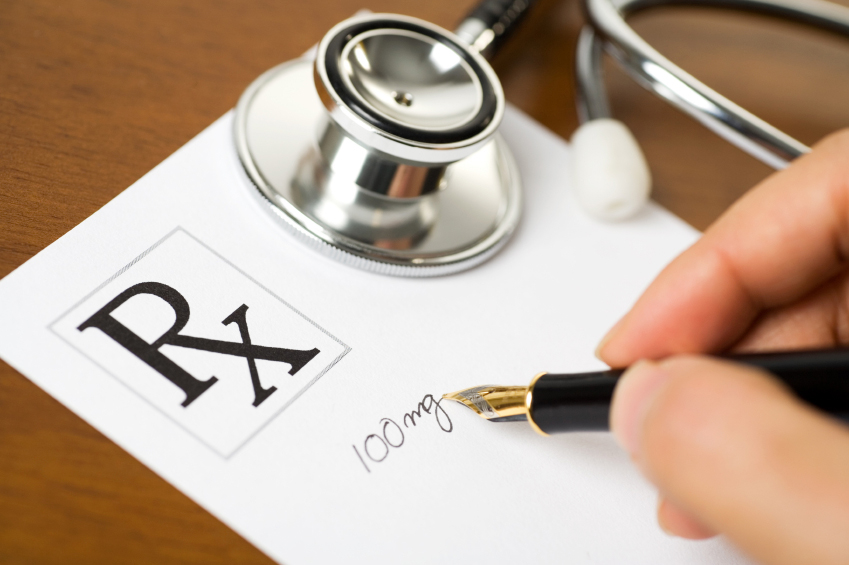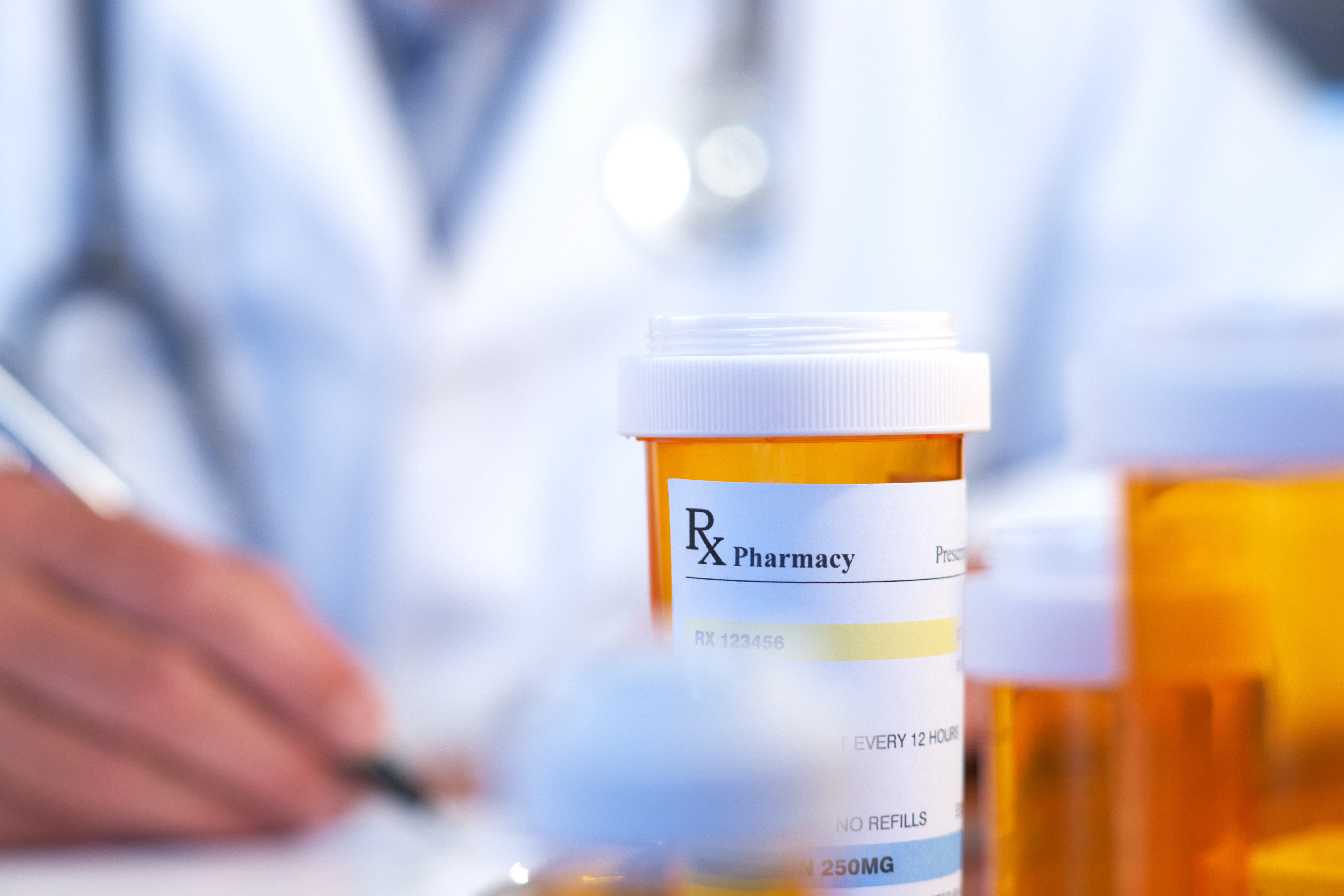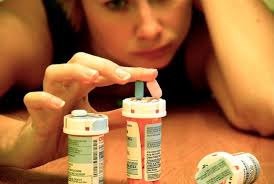Stimulant Addiction
Stimulants are a dangerous form of substances that can be found naturally in certain plants or foods as well as in cocaine or other street drugs and in prescription medications. The drugs elevate blood pressure, cause an increase in heart rate and also promote increased energy. When used repeatedly or for a prolonged period of time, stimulant addiction can occur. Unfortunately, stimulant addiction can lead to a number of serious consequences, long term effects or other serious problems.
What is Addiction?
Stimulant addiction is the resulting physical or psychological dependence that occurs when a user takes stimulants repeatedly or the user takes the drug for a prolonged period of time such as for a few days, weeks or months. Stimulant addiction may take weeks to set in or it may take months but regardless of how the addiction starts, overcoming it could be challenging. Unfortunately, stimulant addiction is difficult to overcome and equally difficult to cope with for the user.
How Stimulant Addiction Begins

Stimulant abuse can easily develop into an addiction.
Stimulant addiction usually begins with a minute use of stimulants. Some people may take a prescription stimulant for the treatment of a disorder such as ADHD or ADD. Others may take a stimulant such as cocaine to stay alert while at a party or hanging out with friends. This use, on an individual basis, may not lead to addiction. However, taking a stimulant more than once, or multiple times, can quickly lead to a tolerance that requires the user to take more and more of the drug in order to feel the same effects. According to the National Institute on Drug Abuse, as time goes on, tolerance can lead to sustained increased in drug use and physical dependence or psychological cravings to achieve the same high will set in—this is stimulant addiction.
Signs of Stimulant Addiction
Various signs of addiction may be present if a user has become addicted to a stimulant such as Adderall, amphetmaines, or cocaine. Some of the first noticeable side effects or signs of stimulant addiction are tolerance and increased use of the drug of choice. As this drug use continues on, the user will likely begin to show additional signs of stimulant addiction such as:
- lying about drug use
- understating or downplaying the use of stimulants
- using more stimulants than anticipated
- feeling symptoms of withdrawal when not taking stimulants
- feeling unhappy or lethargic when not taking stimulants
- mood swings
- edginess
Help for Stimulant Addiction
Suffering from stimulant addiction is not fun, but there is help. People who are addicted to stimulants need to be reassured of their ability to get sober and they will need a lot of support from friends, family members or professionals who can provide them with a foundation for getting sober and for staying that way. Stimulant addiction will often cause chemical changes in the brain that make it hard for the user to feel happy or content without the use of drugs. These changes will have to be counteracted and this could take time.
Studies show that incentives, rewards and various forms of motivational therapy are highly effective at helping people to overcome stimulant addiction. These motivational techniques are effective because the user responds well to the rewards that are provided. Many people who become addicted to stimulants find that they don’t feel happy without the drugs, but when motivational rewards and techniques are used to help reinforce the sobriety the user tends to feel emotionally more happy.
Help for stimulant addiction is available 24 hours a day, 7 days a week. There are treatment facilities, rehab centers, recovery centers, support groups and a wide range of psychotherapy and counseling options that are geared toward helping those who are addicted to stimulants or other drugs to get sober, learn how to stay sober and build a solid foundation for long-term recovery.
Calls to the general helpline will be answered by a paid advertiser. By calling the helpline you agree to our terms of use.

























